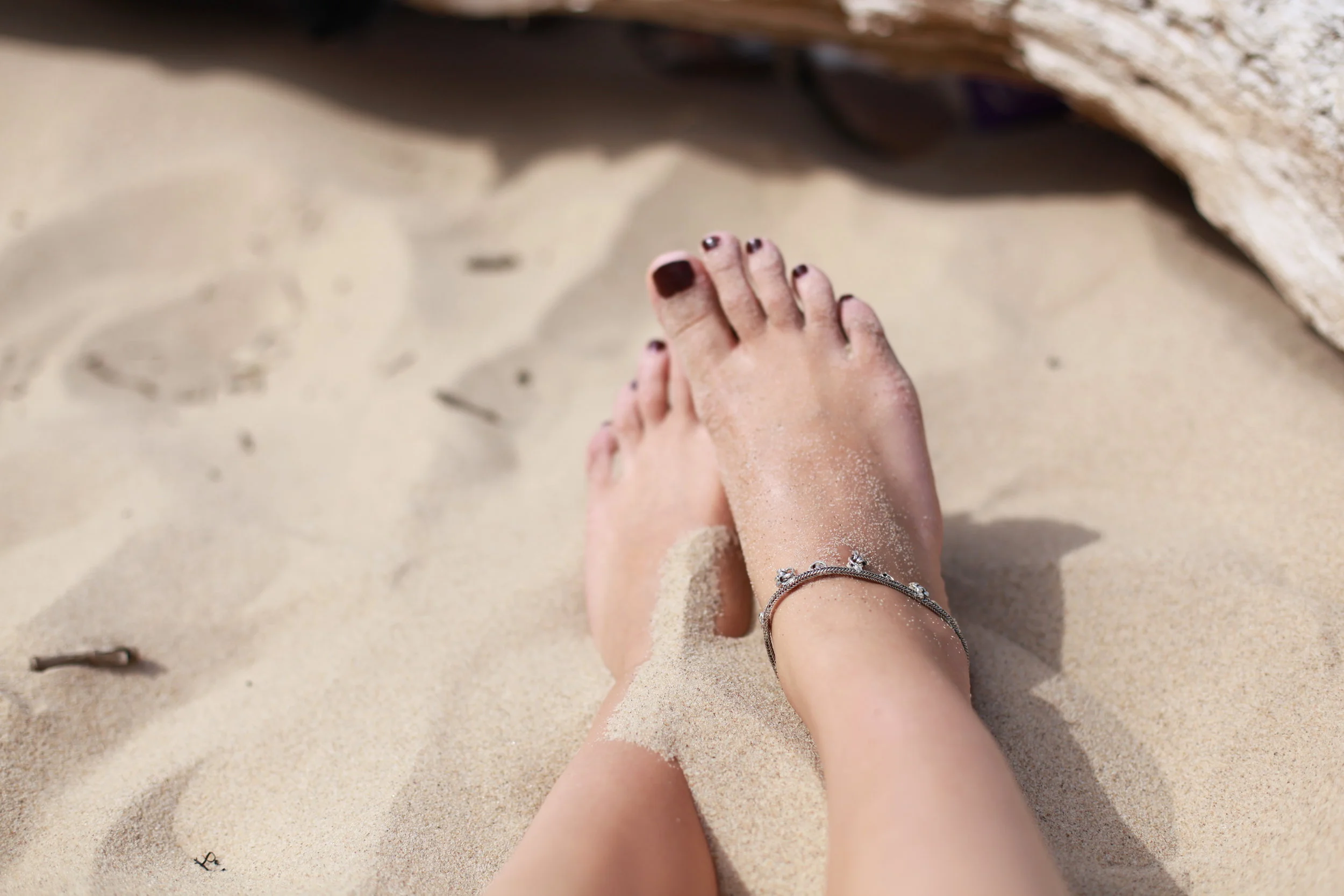Bloom Book Club - Winter Selection
Bloom Book Club is a recovery community focused on reading and discussing books as they related to mental health wellness and recovery.
Bloom Book Club is a recovery community focused on reading and discussing books as they related to mental health wellness and recovery.
For our Winter selection, we'll be reading You Can Buy Happiness (and It’s Cheap) How One Woman Radically Simplified Her Life and How You Can, Too.
About the book…
Once, Tammy Strobel and her husband were living a normal middle-class lifestyle: driving two cars, commuting long distances, and living well beyond their means. Now they are living the voluntary downsizing — or smart-sizing — dream. In this book Strobel combines research on well-being with numerous real-world examples to offer practical inspiration. Her fresh take on our things, our work, and our relationships spells out micro-actions that anyone can take to step into a life that’s more conscious and connected, sustainable and sustaining, heartfelt and happy.
~~~~~~~~
A message from Amber ~
“I chose this title for our Winter selection because more than ever, I’m feeling like this year has been a time of reflection and introspection. We have all had our own challenges with 2020 and I know I am looking forward to new beginnings for 2021. However, this life of quiet isolation and being at home has definitely not passed me by as a special time. That said, I am looking for new ways to bring happiness into my life and one of the best ways is to live with less.” ~ Amber
Join Us!
Interested in becoming a Bloom Book Club member? We read a book every quarter with themes advocating Intuitive Eating, HAES, positive body image and more. Check out some of the benefits:
The Book Club includes:
LIVE discussions of the current selection members can attend as a group.
Action challenges and homework assignments emailed directly to you to help you implement the material of the reading.
The ability to vote and recommend upcoming selections.
A separate, private Facebook group with weekly discussions, live videos and lively debate about the current selection.
A way to improve your learning, continue your recovery and promote positive change without attending sessions or webinars.
You can join us for free or just $5 a month (billed annually).
Bloom Book Club - Summer Selection
Bloom Book Club is a recovery community focused on reading and discussing books as they related to eating disorder recovery.
For our Summer selection, we'll be reading Health at Every Size: The Surprising Truth About Your Weight, by Linda Bacon, Ph. D.
Bloom Book Club is a recovery community focused on reading and discussing books as they related to eating disorder recovery.
For our Summer selection, we'll be reading Health at Every Size: The Surprising Truth About Your Weight, by Linda Bacon, Ph. D.
Begins May 15! (but feel free to join in anytime)
The excerpt about the book from Amazon:
Fat isn’t the problem. Dieting is the problem. A society that rejects anyone whose body shape or size doesn’t match an impossible ideal is the problem. A medical establishment that equates “thin” with “healthy” is the problem.
The solution?
Health at Every Size.
Tune in to your body’s expert guidance. Find the joy in movement. Eat what you want, when you want, choosing pleasurable foods that help you to feel good. You too can feel great in your body right now—and Health at Every Size will show you how.
Health at Every Size has been scientifically proven to boost health and self-esteem. The program was evaluated in a government-funded academic study, its data published in well-respected scientific journals.
Updated with the latest scientific research and even more powerful messages, Health at Every Size is not a diet book, and after reading it, you will be convinced the best way to win the war against fat is to give up the fight.
Join Us!
Interested in becoming a Bloom Book Club member? We read a book every quarter with themes advocating Intuitive Eating, HAES, positive body image and more. Check out some of the benefits:
The Book Club includes:
LIVE discussions of the current selection members can attend as a group.
Action challenges and homework assignments emailed directly to you to help you implement the material of the reading.
The ability to vote and recommend upcoming selections.
A separate, private Facebook group with weekly discussions, live videos and lively debate about the current selection.
A way to improve your learning, continue your recovery and promote positive change without attending sessions or webinars.
For a limited time, you can get membership access to the Bloom Book Club fora LIFETIME for just $25.00. Click the link below to learn more.
Intuitive Eating Review (Video)
The Bloom Book Club kicked off it's first pick for the Winter edition of 2018 with the ever popular and infamous Intuitive Eating by Evelyn Tribole and Elyse Resch. Below you will find a video of my take on the book as I answer some of the thought provoking questions shared in our exclusive, private Facebook Group for the Bloom Book Club members.
The Bloom Book Club kicked off it's first pick for the Winter edition of 2018 with the ever popular and infamous Intuitive Eating by Evelyn Tribole and Elyse Resch. Below you will find a video of my take on the book as I answer some of the thought provoking questions shared in our exclusive, private Facebook Group for the Bloom Book Club members.
The Bloom Book Club offers an additional level of support for those wanting to learn more about incorporating Intuitive Eating, those recovering from disordered eating and those wanting to embrace a non-diet lifestyle. The Bloom Book Club includes a private Facebook Group to inspire discussion related to the current selection, as well as a quarterly review video or written discussion. By joining as a Bloom Subscriber, you also receive live group attendance in the quarterly discussion and a homework assignment or action challenge emailed. Join today for FREE!
How One Magazine Changed My Life
I can remember wanting to buy all the magazine publications I could. I would inpatiently wait every month for new editions of my favorites to hit the stands. Teen, Seventeen, Glamour, Cosmogirl - I spent my allowance on all of them. What articles was I most interested in reading? Everything that had to do with diet, fitness and beauty.
In present day society, diet culture is everywhere you turn. Hundreds of television commercials advertising the latest beauty products and fitness brands, your favorite celebrities talking about what diet they're currently on and even the publications we read.
There are many reasons and ways one can be susceptible to disordered eating or an eating disorder. The factors which contribute to these issues are often multifaceted, meaning there are usually multiple factors. These factors include, but are not limited to: family pressures and dynamics, images portrayed by the media, experiences with peers throughout childhood, genetic predispositions, trauma, and more. We cannot always control for all of these factors. In fact, many are out of our control. However, I do believe we can work towards creating a more positive environment by creating personal boundaries.
When I was a pre-teen adolescent, verging on the entry of those dreaded middle school years, I was very susceptible to the influences of the diet and fitness industries. Like many young girls (and young boys) the puberty years are some of the toughest to endure because of all the bodily changes that take place.
During this time of my adolescence, I can remember wanting very much to change my appearance. Whether it was so boys would like me more or to fit in with my peers, I was desperate to learn everything I could about how to change my appearance to look more like what I was exposed to at the time. Magazine publications became a huge influence for me and how I would cultivate my identity, or at least what I thought my identity should be based on the messages I received.
I can remember wanting to buy all the magazine publications I could. I would inpatiently wait every month for new editions of my favorites to hit the stands. Teen, Seventeen, Glamour, Cosmogirl - I spent my allowance on all of them. What articles was I most interested in reading? Everything that had to do with diet, fitness and beauty.
The magazine industry is a multibillion dollar industry that bases all their earnings from the advertisers that support them. Flip through any given magazine and you're likely to find more than half of it is advertisements about beauty products, fitness brands and diet companies. Perhaps the most troubling aspect of these publications, is that many of them masquerade as a way to try and help and improve you. With headlines like, "Age proof your whole body," and, "Flat Belly Finally - Score Flat Abs," the headline sounds like it's trying to solve a problem you have, when in actuality, it's telling you that your body is the problem.
But that's how advertising works. It's a cycle. The magazine publication headlines and articles need to convince you that there is something wrong with you so that you will subscribe to wanting/trying to fix the "problem." To do so, you have to buy beauty products, diet supplies and fitness gear. And that's how they earn their money, because the advertisers pay the magazines to publish these articles convincing you to feel bad about yourself so that you will buy their products. (Mic drop.)
To this very day, I can remember a very specific issue of a magazine called YM. I can remember exactly what the cover looked like and most of the content of the magazine. I read this issue SO MANY TIMES that I practically had it memorized. This issue was their "Fitness and Beauty Special Edition" for that year and was riddled with hundreds of tips for "getting the body you want," and "finally getting thin." I soaked up all of these messages like a dry sponge. I read this magazine cover to cover so many times that the actual cover did eventually wear off. I read it so many times that even now, nearly twenty years later, I had no problem picking out the cover of the magazine from a Google image search.
Action Challenge
Looking back, these magazines did not teach me how to prioritize my health, but brainwashed me into having a diet mentality. As an adult, I am amazed even to this day how many of these magazines are still using these same tactics. Magazines that by the very title and definition should be helping you to achieve long-lasting health, have a very different motive entirely. One of the challenges we complete in my Break the Mold: Building Better Body Image course is to complete a Google image search of your favorite magazine publication. In this example here, we search for the popular Women's Health Magazine.
When I think of my health, I think of it as a part of myself that is comprised of many different aspects. There's my mental health, physical health, emotional health and my social health (how I relate with others). However, a quick Google search for the Women's Health Magazine blatantly demonstrates that the magazine's definition of "health" primarily focuses on appearance, NOT other important measurements of health.
What You Can Do
It is unlikely the magazine industry is going to read this post and make drastic changes overnight. After all, they are already aware of the damage they cause, but do little to make changes unless pressured by greater demands. For example, YM magazine acquired a new editor who boldly decided to stop publishing harmful articles and headlines for their magazine. Subsequently, advertisers began pulling their ads from the magazine. YM ceased publishing shortly thereafter.
It will not be enough for one editor to make the decision that these articles and advertisements are harmful. We will only see change once consumers begin spending their money in other industries other than beauty products and diet brands. Perhaps that begins with you. I challenge you to take a look at the publications, advertisements and other media avenues you subscribe to and ask whether or not the messages you are supporting are helpful or harmful to you and your values. We CAN make a choice to spend our money on things that bring us joy, peace and harmony with ourselves and our bodies. Instead of spending your money on the latest beauty trend or diet food, think about investing that money in a evergreen experience which will bring you joy for years to come, such as travel or relationships.
My hope for the future is that we see more and more of these publications respond by pulling advertising targeting towards beauty and diet brands. Instead, I believe if we (as women) demonstrate that we want to be valued for other reasons, then we will begin to see different features in the media. I, for one, would rather read about travel experiences, personal stories of growth and health articles that speak of health in the many different ways that are NOT related to weight or size.
Introducing the Bloom Book Club (And a Giveaway!)
Imagine an engaging community where we can discuss with one another popular (and sometimes not so popular) titles and selections regarding a variety of topics. Intuitive eating, disordered eating recovery, women and feminism issues are just a few of the topics we'll be exploring. I think this will be a great opportunity to take advantage of a more affordable service if one on one sessions or group sessions are unobtainable at the moment.
Hello everyone,
I am excited to announce a project that I've been working on quite a while now! If you're like me and are a fan of all things books, learning, friendly debate, coffee, tea and wine -- then this is for you!
Imagine an engaging community where we can discuss with one another popular (and sometimes not so popular) titles and selections regarding a variety of topics. Intuitive eating, disordered eating recovery, women and feminism issues are just a few of the topics we'll be exploring. I think this will be a great opportunity to take advantage of a more affordable service if one on one sessions or group sessions are unobtainable at the moment.
The Book Club will include:
- Tiered membership levels, including a FREE membership!
- Quarterly LIVE discussions of the current selection participants can attend as a group.
- Action challenges and homework assignments emailed directly to you to help you implement the material of the reading.
- The ability to vote and recommend upcoming selections.
- A written review of the quarterly selection.
- A separate, private Facebook group with weekly discussions, live videos and lively debate about the current selection.
- A way to improve your learning, continue your recovery and promote positive change without attending sessions or webinars.
First Selection
Our first book selection for the first quarter, January through March, will be the ever infamous Intuitive Eating!
*************GIVEAWAY******************
To kick off this launch, I'm giving away 5 Quarterly Memberships to the Book Club!! Just follow the link below and enter!
Enter GIVEAWAY Here ---> http://www.rafflecopter.com/rafl/display/0d1a90104/?
Drawing ends next Saturday, January 6th. Book Club begins on January 15th.
Special Promotion Ends January 15th
In addition, you can also signup for a Quarterly Membership for a promotional rate of just $5 (ordinarily $15) for your first quarter. Ends January 15th!
Enter GIVEAWAY Here ---> http://www.rafflecopter.com/rafl/display/0d1a90104/?
Explore Bloom Book Club Here ---->https://www.maddenwellnessky.com/bloom-book-club/
Happy Thanksgiving!
I hope you and your family and loved ones have a WONDERFUL Thanksgiving holiday!
I hope you and your family and loved ones have a WONDERFUL Thanksgiving holiday!
Below is a round-up of many great posts for if you struggle with disordered eating, want to learn more about intuitive eating, or simply need some additional support through the holidays. I hope you find something that resonates!
Being Better to Your Fat Friend This Thanksgiving - Medium
Tips for Dealing wit Diet and Weight Talk Over the Holidays - Jennifer Rollin, MSW, LCSW
5 Tips to Have a Health Thanksgiving - Jessica Spiro Nutrition
How to Not Obsess Over Food During the Holidays - Robyn Nohling, RD, NP
The Holidays Aren't 100% Healthy - Robyn Nohling, RD, NP
Intuitive Eating Holiday Survival Guide - Emily Fonnesbeck, RD
The Day After a Holiday... - Emily Fonnesbeck, RD
Self Care During the Holidays - Rachel Hartley Nutrition
How to Have a Stress Free Holiday Eating Experience - Anne Mauney, RD
A Holiday Survival Guide for Sad People - Pinch of Yum
How to Feel Less Stressed Around Food During the Holidays - Robyn Nohling, RD, NP
Self Care and Saying No Through the Holidays
Sometimes, the best way to take care of yourself is to learn to say no. If you don't love the green beans and you're only eating them because you feel like some "food rule" has told you to eat all your veggies, or because they were there, then mark this as your freedom to say no. Instead, choose to eat items at the holiday meal that you truly love.
Since I was a small child, I remember the Thanksgiving and Christmas meals as always being a time when everyone would eat to past fullness. It was normal and common to fill the dinner plate to the brim and then go back for seconds...sometimes thirds. There have been many holidays in my past in which I can remember feeling sick afterwards, finding it necessary to even go lie down right after dinner to "sleep off" the meal.
Of course, there's nothing wrong with some over indulgence at the holiday meal time. Some may refer to this eat past fullness as a binge, but according to the DSM V and the diagnostic criteria for Binge Eating (link to archive blog), eating past fullness or eating more than others normally would only applies if it occurs in a situation in which others do not normally eat more than usual. In this case, the overeating behavior would not apply as a binge eating episode because it is normal for overeating to occur during the holiday season.
However, I can remember my father engaging in the holiday meal time very differently. My father suffered and still suffers occasionally with acid reflux, in which sometimes certain choices with food results in having a very negative reaction for his stomach and digestion. He learned that it was better for him to start saying no to eating past fullness. He practiced saying no at family gatherings if he knew he had already ate a satisfying meal. Though at times other family members initially questioned and were dismayed at his behavior, most learned to expect and respect his decision in his eating behaviors during the holiday meal. My dad was making the choice to eat for how he wanted to feel, an intuitive eating practice.
During the holiday season it is known and nearly expected to overeat. Many find it difficult to skip out on meal selections that perhaps, they wouldn't normally eat. For example, if you don't LOVE green beans, but perhaps you still feel compelled to put them on your holiday meal plate just because they're there. Some reasons might be because you want to "get in your vegetables" or because "they were there and so I thought I would eat them."
Another common mistake some make in intuitive eating at holiday time is eating items in order to make others happy. Many individuals are blessed with multiple family gatherings, sometimes back to back in the same day, where they feel obligated to eat at each get-together. Again, it's a cultural expectation to eat during the holiday season and many fear offending the host or the cook if they skip certain food selections or if they were to not eat altogether.
Sometimes, the best way to take care of yourself is to learn to say no. If you don't love the green beans and you're only eating them because you feel like some "food rule" has told you to eat all your veggies, or because they were there, then mark this as your freedom to say no. Instead, choose to eat items at the holiday meal that you truly love. For example, this time of year may be the only time you will be able to enjoy Grandma's apple pie. The pie is something you definitely want to make room for, so why take up some of that room with green beans you don't love and can have any time of year?
During the holiday season, there can be a lot of pressure to eat ALL THE FOODS because you don't want to offend the host or the cook. This could easily turn into a problem if you are going to multiple engagements and there are multiple hosts to please. Practice saying no in these circumstances. Sure, it's plausible someone might become slightly curious about why you're not eating, but remember that most individuals will be in the same boat as you, with multiple holiday gatherings to attend in which they won't feel hungry for. Just like the experience with my father, your family members will learn to expect and respect your choice to not overindulge.
All of this to say, listen to your body's cues this holiday season. The holiday meals ARE a time to indulge, celebrate and engage in fellowship with others which usually involves food. This time of year it is considered "normal" to eat past your fullness cues and it would not be considered problematic to do so. However, if you feel it is best for YOU to pick and choos what items or meals you plan to eat because ultimately you will physically feel better after eating, know that it is not selfish or bad manners to say no.
``````````````````````````````````````
BLACK FRIDAY SPECIAL
The Break the Mold: Building a Better Body Image Course is available for half price until 11/30/17. Click here to for more information about the course and to claim your special!
Should You Use My Fitness Pal? [Video]
In the video below I disclose my thoughts about My Fitness Pal and whether or not I think it is a helpful tool, especially for those with disordered eating issues or those striving for intuitive eating.
When working with new clients, it never fails that most of them have either used or are currently using some sort of app to keep track of their food intake. In this day and age, there are an assortment to choose from in app stores, but one of the most popular is My Fitness Pal.
My Fitness Pal calculates calorie content and other nutritional measurements of food into a "counter" on the app. The app has the ability to create individualized goals based on several factors, including weight loss. Users can input data of their food choices into the app and then the app provides a listing of food choices with programmed data about nutritional information. Based on the goals the user sets, the app indicates whether or not the user is making progress towards their established goals.
In the video below I disclose my thoughts about My Fitness Pal and whether or not I think it is a helpful tool, especially for those with disordered eating issues or those striving for intuitive eating.
Why I Quit Running (My Exercise Bulimia Story)
Something that once brought such joy and strength in my life was slowly tearing me apart, crushing my spirit and taking away everything I loved about running in the first place. I felt weak. I was weak.
This is a long one....so get settled in!
I have been running since I was 16 years old, nearly 2 decades. It's an amazing amount of time. There have been breaks here and there, but for the most part, I have been a consistent runner.
I have written about running MANY times on this blog and I absolutely love running. I love the rhythm of my foot strikes on the pavement, crisp white mornings covered in frost and the sense of accomplishment and strength I feel after each run.
When I was 16 years old, I began running for a boy. It sounds weird when I type the sentence, but I know that's the real reason. I began running for a boy because a boy I was interested in was a runner.We never actually ran together, and I'm not even sure he knew I was running, too. I would run around the pasture at home on our farm. It began very slow, running one stretch of path and walking the next, but I'll never forget the day I ran an entire lap around the field -- and then when I ran 4 laps. It was in those square paths around barbed wire fencing and Cat Tails that I found myself. I began running for a boy, but I continued to run for me.
Over the years running would turn into a passion, each day ending with a run and feeling a sense of power build within myself. Knowing that I was able to tackle mile after mile and do something many could never even think of gave me confidence, peace of mind, stress relief and grounding.
You may remember in 2015 I ran a half marathon, and I made several posts about training for the half marathon. It was an amazing feat, one that I definitely do not regret. However, it was during this time, I think I began to lose myself in running. Running further than I ever had before was a great accomplishment. I'll never forget the day I ran 10 miles, it was truly like running that first grassy lap all over again. But during this time, an obsession began to take hold.
I wanted to run more miles, more training, be better, do better and run ALL THE RACES. So, despite having a full time job, working a part-time business, spending time with friends and family, I began to prioritize running above all else. Running slowly became a chore. And because of my training schedule, it felt like something I was tied to. So I began to ask myself -- WHY?
WHY am I training for a race I no longer wanted to do?
WHY do I feel disappointed in myself?
WHY do I feel like I'm failing?
WHY am I doing this?
WHY am I scared to quit?
In all of these questions, I realized I had lost myself. Something that once brought such joy and strength in my life was slowly tearing me apart, crushing my spirit and taking away everything I loved about running in the first place. I felt weak. I was weak.
Along with all of this, another problem was emerging. Bulimia was taking hold, more specifically, Exercise Bulimia. Behind every race, every training day and every mile logged was also a precise count of every calorie burned. Deep down, my one thought behind all of the training -- Maybe I'll lose some weight, too.
So I logged more and more miles without properly fueling myself. I logged more and more miles, putting stress on my body and causing more stress on my emotional state. I logged more and more miles even though I was both mentally and physically exhausted. I thought I needed to push through the anguish because that is what is expected and the only way for reassurance and strength. After all, everyone feels like giving up, but only the true fighters push through.
In April of last year (2016), I began experiencing irregular cycles (known as amenorrehea), a problem I hadn't had since my starvation days of high school. At first, I didn't tie it to overexercising. I actually was very concerned. As a female in my early 30's, I worried it was pre-menopause. My doctor confirmed that I had depleted my estrogen levels, a symptom common in those with bulimia or anorexia. I knew in that moment that I had relapsed.
So I stopped. I stopped racing. I stopped obsessing. I stopped counting. I stopped hating and chose to love myself more. So, I stopped running.
And you know what? I am happier.
I FEEL healthier. I feel like I got my life back. When I stopped training for races, running 5 miles after a long day's work and stopped dreading having to spend an entire Saturday doing the mandatory "long run," I actually realized all the things I had been missing out on in my life.
Like late nights enjoying a glass of wine...
Enjoying more time with family....
More couch time with these two...
More Redbox date nights with the hubby...
More time moving my body in ways that I want to, like taking walks...
Investing more time in my passion...
Time to be more creative in the kitchen...
And enjoy donuts without feeling one bit guilty...
I have not completely stopped running, but I'm definitely only running to the point that I WANT to be running. I have brought back the enjoyment of running, usually running no more than a couple of miles at a time. My cycle has returned to normal AND I FEEL much more saner. I think most of all I have REALLY enjoyed just getting to come home every evening and enjoy some relaxation time, family time and treat myself to some personal freedom from having to be tethered to a training plan.
`````````````````````````````
If you believe you have become OBSESSED with your training plan, with exercise, then I highly recommend you just STOP. Life is too short and the people in your life are too important. There are more parts of your life that make up YOU besides just your training plan. It is amazing to exercise to the extent that you feel happy with what you're doing - that you ENJOY doing it. But if you start to feel yourself slipping away, then reassess why you're doing it!
If you would like to learn more about your own behavior, there is a Compulsive Exercising Questionnaire available for you to take here.
Similar Stories
For more recommended reading on this topic, a few other great female bloggers have also written on the topic. Their posts inspired me to share my own story and I would love for you to read theirs!
Not Having Your Period is Not Normal - Robyn Coale, RD, NP
Exercise and Me (AKA My Story + Some Thoughts Helping You Get Out of an Exercise Compulsion - Kylie Mitchell, RD
Recommended Reading
Exercise Bulimia and Drunkorexia: The Lesser Known Disorders - Eating Disorder Hope
Exercise Bulimia: Symptoms, Treatments and More - Healthline
(Edited to add the below articles.)
What it Feels Like to Have Exercise Bulimia - Shape
The Reality of Exercise After an Eating Disorder - Shape
Originally posted on my other blog on February 13, 2017. Moved to this blog on October 13, 2017.
Resource Roundup - Support for ED Recovery
Some of my favorite eating disorder recovery resources I've seen from around the web during the past month and I wanted to share them here with you. I hope you find something inspiring, encouraging and something you love. :)
Some of my favorite eating disorder recovery resources I've seen from around the web during the past month and I wanted to share them here with you. I hope you find something inspiring, encouraging and something you love. :)
Articles
To The Person Who Isn't Sure If They Should Stop Dieting
Disproportionate and Rapid Weight Gain During Recovery
Physical and Mental Signs of Starvation in Anorexia
Can I Call Myself Fat If I'm Just Chubby?
Blogs
Can You Want To Change Your Body and Still Exercise Intuitively? - Thereallife-rd.com
Why I Won't Be Losing Weight For My Wedding - The Healthy Maven
Defining What Really Matters - Rachel Hartley Nutrition
How To Know if Your Daughter Has an Eating Disorder [Video]
In the video below I describe how to know whether or not your daughter may be displaying signs of an eating disorder. This includes physical symptoms to look for and behaviors to understand. I have also included here some helpful resources for you to learn more about helping your daughter.
The numbers of young girls and young women who will be impacted by disordered eating or an eating disorder are alarming. The National Eating Disorder association reported that by age 6 young girls begin to express concerns about their body and weight. In Elementary aged girls, 40 - 60% are concerned about weight. In the diet culture the American society promotes, young girls and women face significant pressure.
In the video below I describe how to know whether or not your daughter may be displaying signs of an eating disorder. This includes physical symptoms to look for and behaviors to understand. I have also included here some helpful resources for you to learn more about helping your daughter.
If you would like to watch these videos live and have a chance to ask questions and participate, please join our private Facebook group, Bloom Nutrition - Disordered Eating Support!
If I Lived On An Island... (A Meditation for Body Acceptance)
One way to help individuals move towards body acceptance is to try and target who they would be without all the noise in their life. Who would they be without the pressure of the media, society, images, Instagram, peers, friends, family, etc.?
I often work with my Bloom clients on how to recognize the root of their diet motivation. Why do they want to diet? Why do they want to change their body?
One way to help individuals move towards body acceptance is to try and target who they would be without all the noise in their life. Who would they be without the pressure of the media, society, images, Instagram, peers, friends, family, etc.?
We conduct an exercise in guided visualization in which I instruct them to think deeply and patiently about each question and statement. This exercise is intended to help move towards body acceptance.
The visualization starts with a simple question:
If you lived on an island alone, who would you be?
Who would you be in your body? Who would you be around food?
This island is remote and there is no one else around. There is no one to see your body. There are no mirrors.
How do you feel about your body in this moment, on this island alone?
Are you thinking about what your body looks like?
Are you fully clothed? Wearing a bathing suit? Wearing nothing? How are you most comfortable in your body, on this island alone?
On this island, you’re also tasked with surviving. This may involve building a shelter, foraging for food and escaping from predators.
In what order does your body’s appearance fall in your list of priorities for living on this island alone?
What other areas of living take precedence? Why are they more or less important than your body’s appearance, on this island alone?
How do you want to nourish your body, on this island alone? What foods would you find satisfying on the island? What foods do you think your body would naturally crave in order to sustain living on the island?
What foods might you miss because they are unavailable on the island? What foods would you be okay with never having again?
On this island alone, how important is health? Exercise? Well-being? Peace of mind? Does your style of eating change based on these priorities?
On this island, if you were able to invite one or two people to join you, who could you invite that would NOT significantly alter this state of being, in your body, on this island? Who would you welcome in which you would feel it is unnecessary to change anything?
As you’re preparing to leave the island, think about what part of this experience you want to take back with you. How will you incorporate this into your everyday life?
I would love to hear your reactions and thoughts to this exercise. Feel free to answer any of the questions above in the comments below!
If this exercise really resonated with you, then I invite you to take a look at my online, course on body image, Break the Mold: Building Body Positivity, where we dive even deeper into the complexity of body image and food relationships.
The Closet Clean Out Guide for Body Acceptance
I have been putting off going through my old clothes for what feels like a lifetime, and quite honestly, has been at least a decade. Sure, I've sold/given away a few items here and there over the years, but there are so many more items I've been hanging onto for "when I can wear them again," or "when I lose the weight."
It has been slowly eating away at me. Calling and screaming at me from inside the walls of my house. Months that have added up to over a decade of failed promises and vows. A purple, spaghetti strap shirt I wore while dating my boyfriend, now husband (the straps didn't fit right then either.) A college sweatshirt that I've been hanging onto because it reminds me of a time long ago. A skirt I once loved and brings back a time of tan legs, tousled hair of humid summer nights and a time when I believed how I looked in that skirt would make all the difference.
I have been putting off going through my old clothes for what feels like a lifetime, and quite honestly, has been at least a decade. Sure, I've sold/given away a few items here and there over the years, but there are so many more items I've been hanging onto for "when I can wear them again," or "when I lose the weight."
Well, my newfound mission to accept my body for the size it is intended to be has also spurred me to a total closet clean out. That and... well, the husband is "tired of looking at the boxes." So, this past week I finally made an effort to go through ever article of clothing. Here's how it all went down AND how I would suggest any person who has been unwilling/not wanting to get rid of clothing that no longer fits can make the process as smooth as possible.
Step 1 - MAYBE pour a glass of wine. Why not make this process a fun occasion, right? For some, this may be an emotional experience that will bring up ALL KINDS of memories. Find a way to make this process "fun" if possible. Pour a glass of wine, put on your favorite playlist, or pop in Runaway Bride. This process doesn't have to be the torturous event you've probably made it out to be.
Step 2 - Decide on what "piles" you're going to need. You may want to try to sell some items that are a little less worn or name brand clothing, as well as donate some items you maybe feel aren't worth the time to make out the price tags for the next yard sale. My piles included: Donate, Sell, Sell to Ebay or Threadup, Try-On-And-Decide, Keep, Trash. For my "try-on" pile, I knew there were some items that looked like I might need to try them on and decide whether or not they would be kept. My nicer and more expensive items I either decided to sell in the yard sale or sell on Ebay or Threadup (if they were barely worn/still had tags). I also had a Trash pile for those that were beyond salvaging (looking at you shorts with paint stains).
Step 3 - Gather supplies. Boxes for packing items up for the next Garage sale, stickers for pricing, etc. Pretty straight forward here and not sure what else I need to say about this... I mean, you don't want to have to get up over and over again!
Step 4 - Reflect and reminisce. Take a few moments before you begin and accept the fact that this is a process. You're going to be going through clothing that is perhaps decades old. Some of this clothing may represent a different time in your life - a different person even. It's OK to feel uneasy about it. It's OK to feel sad that the clothing doesn't fit anymore. But more than anything, recognize that you're going through this process as a means of moving forward - to the person you are today and to honor the person that you are now.
Step 5 - Do the thing. Nothing left at this point but diving in. When memories come to the surface, take a few moments to let those wash over you. Cherish the memories that were formed and then move on. You can always have the memory and the clothing item cannot take that away. When you find item that no longer fit the body you're in now, remember that bodies change constantly throughout a lifetime. We ARE NOT MEANT to be in the same body for our entire lives! You don't expect to fit into the onesie that you wore as a baby and you shouldn't expect to fit into the mini skirt your wore in your teens. It's OK.
Step 6 - Take breaks. For some this may be an all day thing. Make sure you take breaks, get some fresh air, stretch your legs and take care of yourself. This process doesn't have to be a miserable one and don't make it so by forcing yourself to sit in one spot all day long.
Step 7 - Pack everything up. Decide what you're going to do to finish the process and remove the items from your home. A community yard sale? Thredup? Ebay? Goodwill? All are options.
Step 8 - Reward yourself with new items! Now might be a good time to invest in some new items for your revamped closet. It may be that you've been wearing the same 5-6 items over and over again because they're the only items you've had that have fit the body you're in now. If you were able to sell some items, I definitely suggest reinvesting the money you earned into a new wardrobe. Some other options might be to try some rental companies. Le Tote and NY&C both offer services to rent items for one price per month. They are GREAT options for dabbling with a new wardrobe, new style and perhaps new sizes without spending a ton of money.
Step 9. - Reach out for support. Did this process take an emotional toll? Perhaps it left you feeling drained and even doubting the process of Intuitive Eating or accepting the new body you're in now. You may want to reach out to support for some feedback on your experiences and to reassure you that you've made the best decision.
Step 10 - Is mostly for the love of having an even 10 number of items on the list! Pour yourself an extra glass of wine and celebrate! And if I were you, I would hit up the online shopping to replenish that wardrobe with items that you'll truly love and feel comfortable in!
Ongoing Support for Your Non-Diet Journey
Recovery work for body image and binge eating can be riddled with lots of up's and down's along the way. It will be helpful for you to have supportive resources to turn to in times you're feeling the struggle a bit more.
(This page is continously updated. Be sure to bookmark it and visit again!)
Recovery work for body image and binge eating can be riddled with lots of up's and down's along the way. It will be helpful for you to have supportive resources to turn to in times you're feeling the struggle a bit more.
Directions: Challenge yourself to engage DAILY for at least 20 - 30 minutes in some type of helpful resource outlet. Below you will find a list of different methods and outlets for resources.
Podcasts
The Food Psych Podcast - Chrissy Harreleson, RD
Nutrition Matters - Paige Smathers, RDN, CD
The BodyLove Project - Jessi Haggerty
Life. Unrestricted. - Meret Boxler
The Love, Food Podcast - Julie Duffy Dillon
Body Kindness - Rebeccas Scritchfield, RDN
Books
Intuitive Eating - Evelyn Tribole, MS, RD and Elyse Resch, MS, RD, FA, DA
Body Respect - Linda Bacon and Lucy Aphramor
Body Kindness - Rebecca Scritchfield
Health At Every Size: The Surprising Truth About Your Weight - Linda Bacon
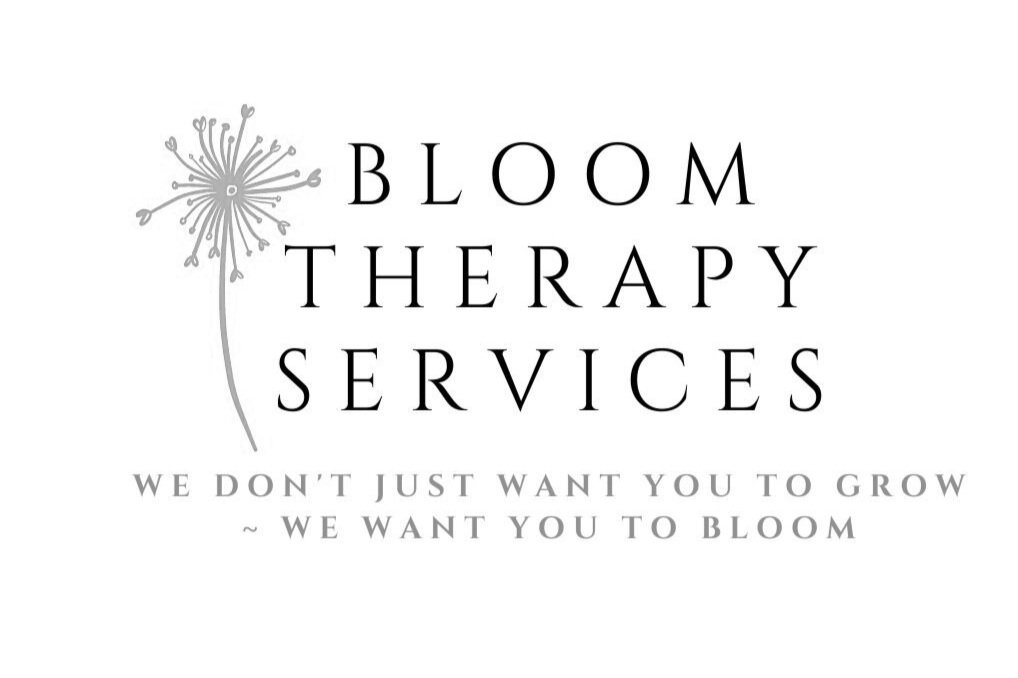






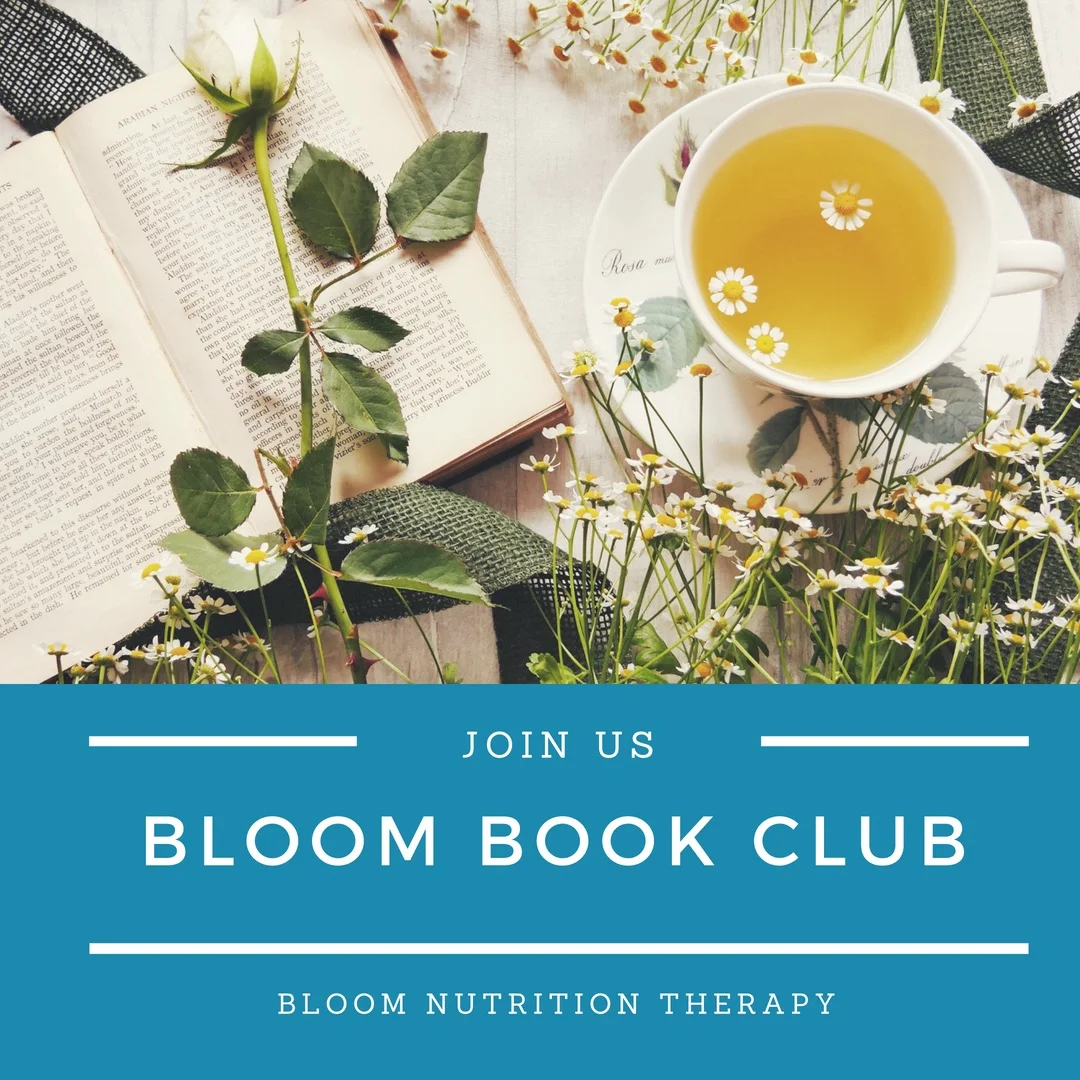




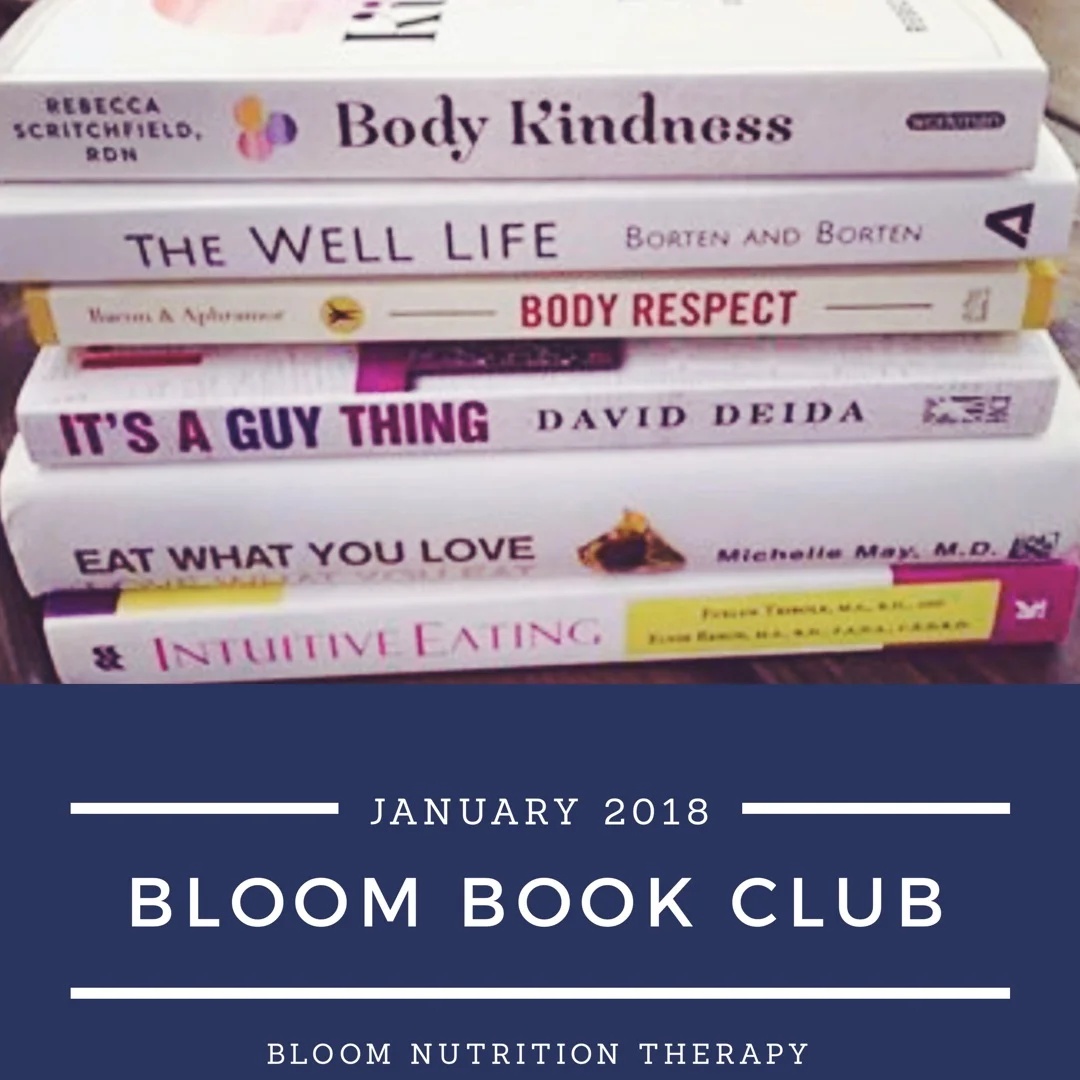

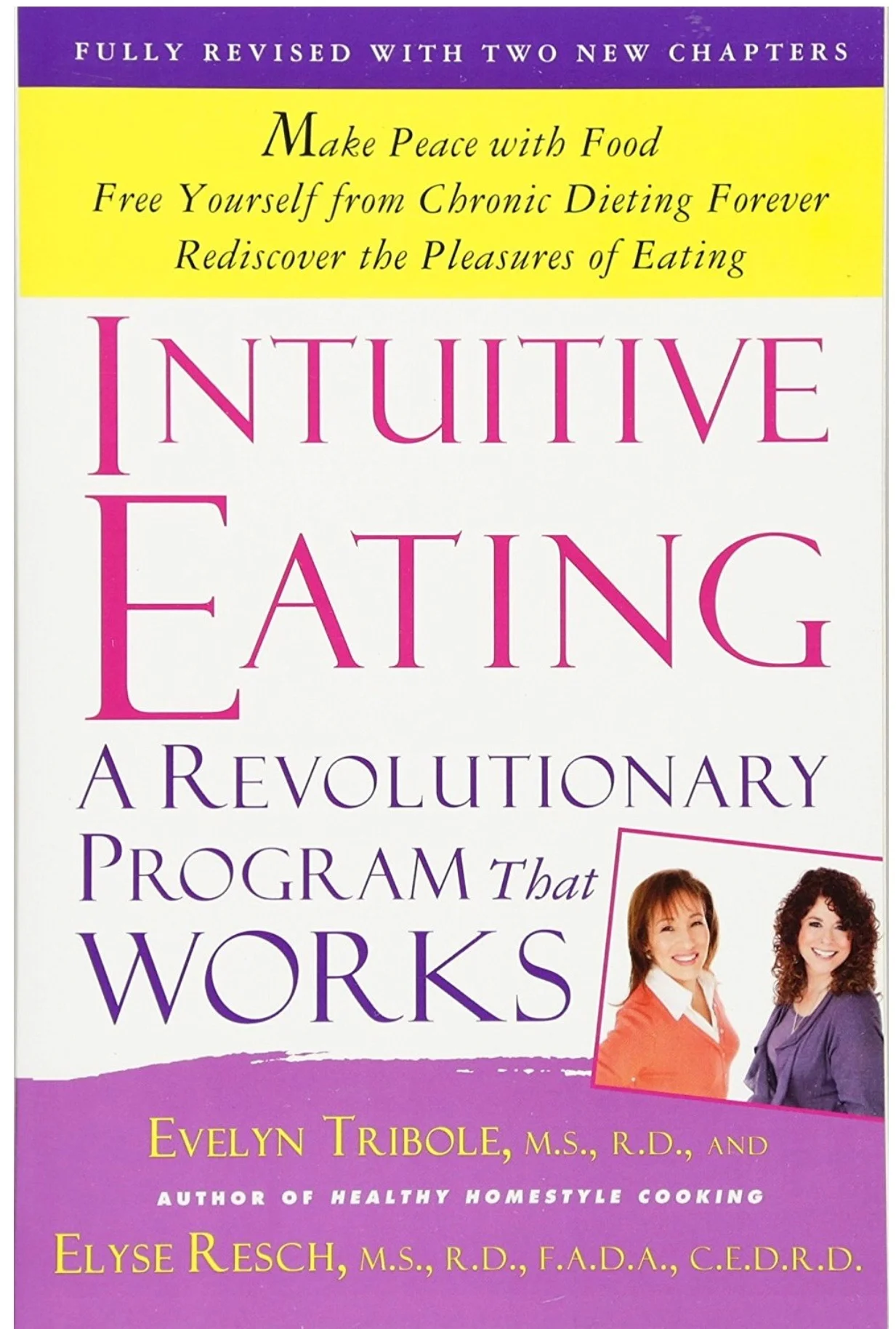

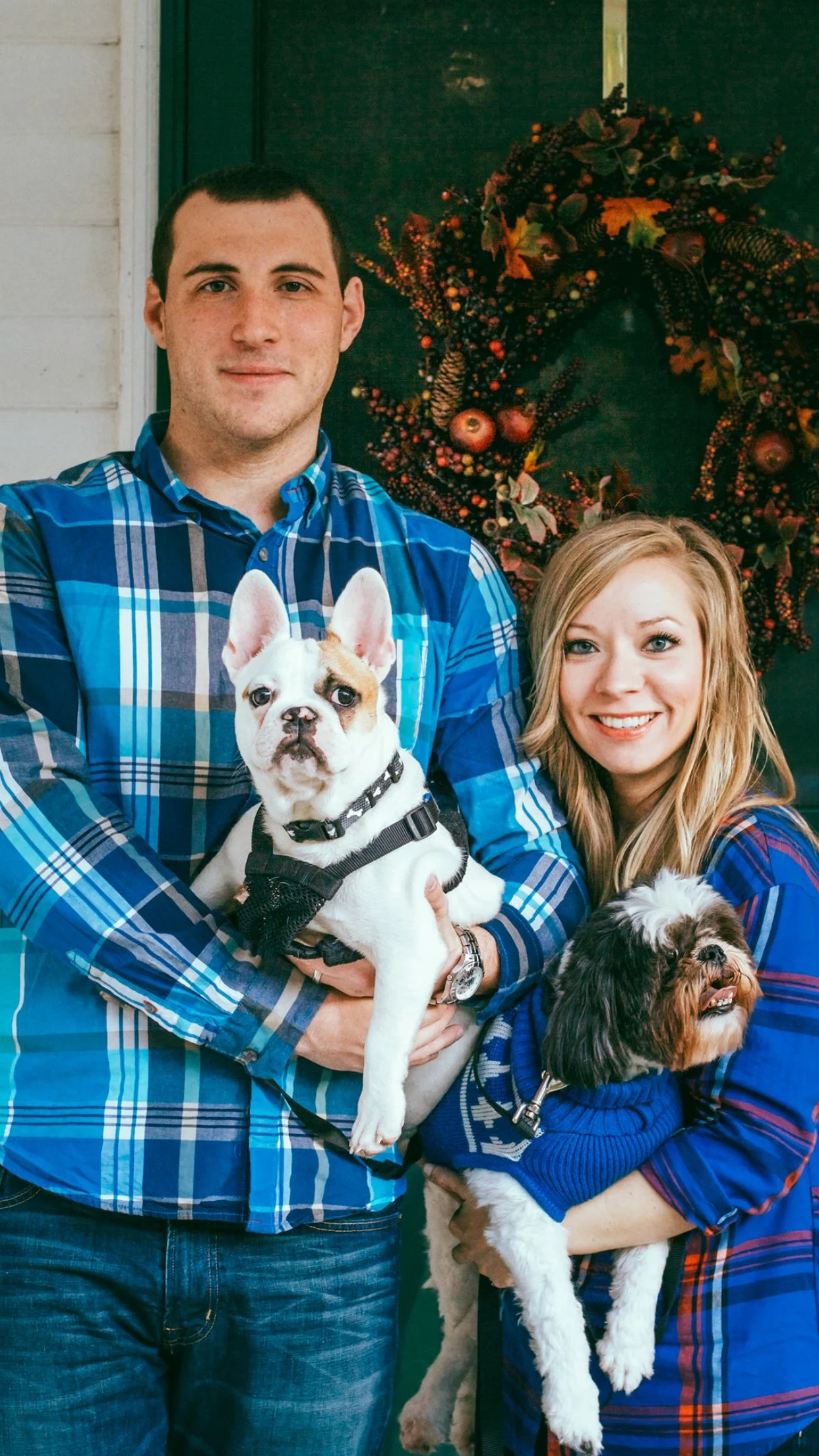






![Should You Use My Fitness Pal? [Video]](https://images.squarespace-cdn.com/content/v1/567767c5cbced60a2376a812/1508516748910-8UGMUFC4G4M2H6RC6WY6/My+Fitness+Pal.jpg)








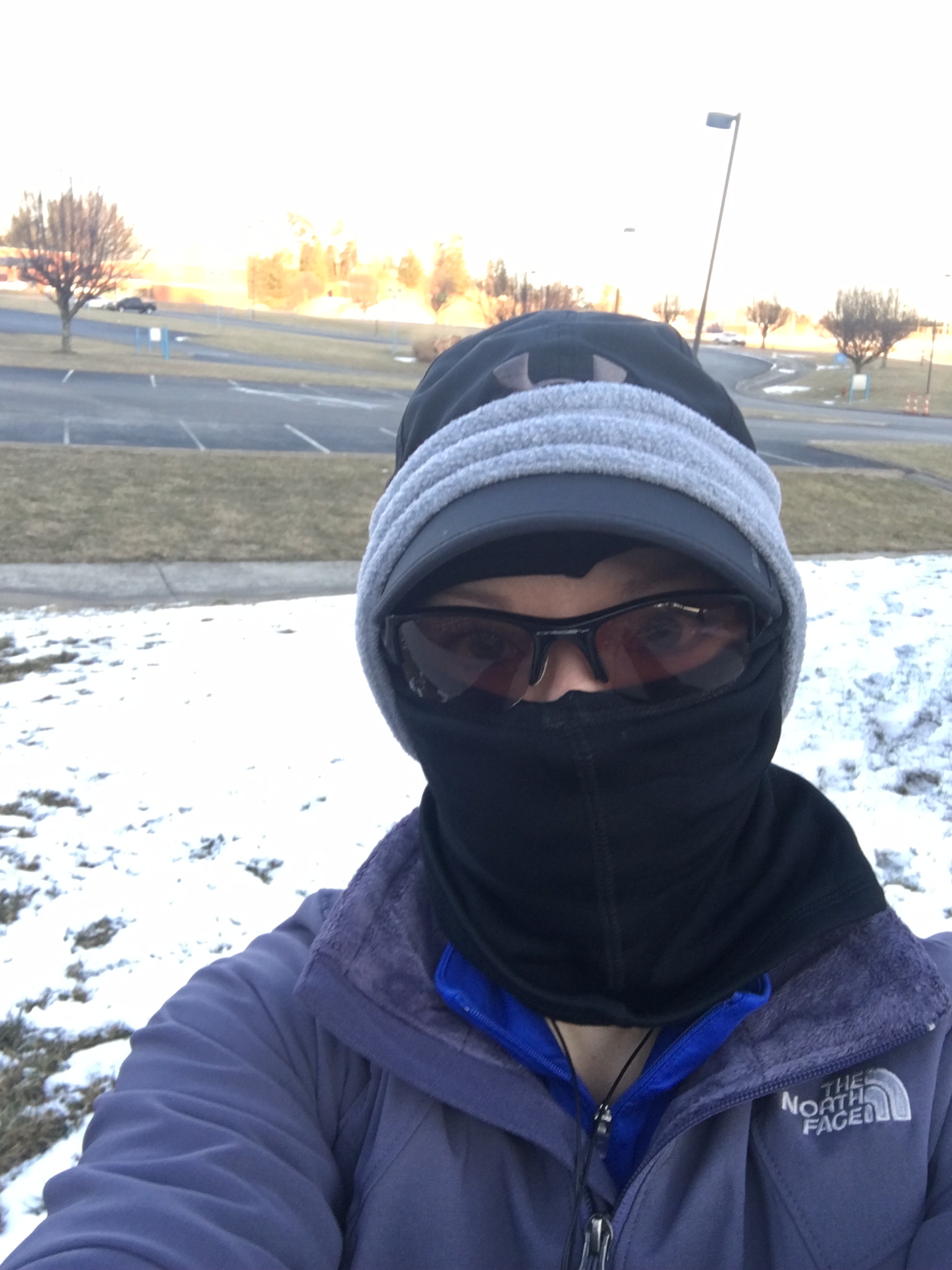

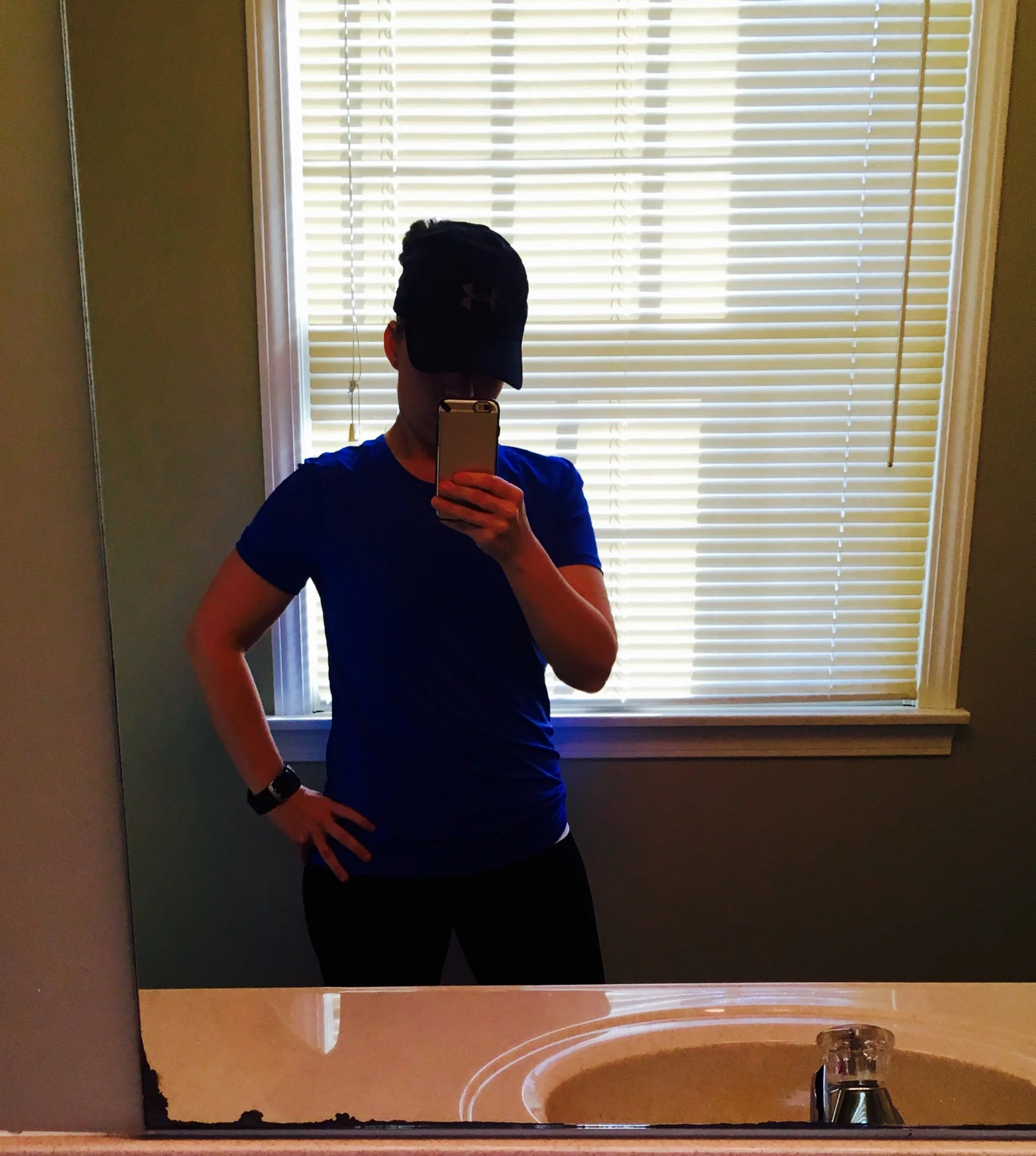





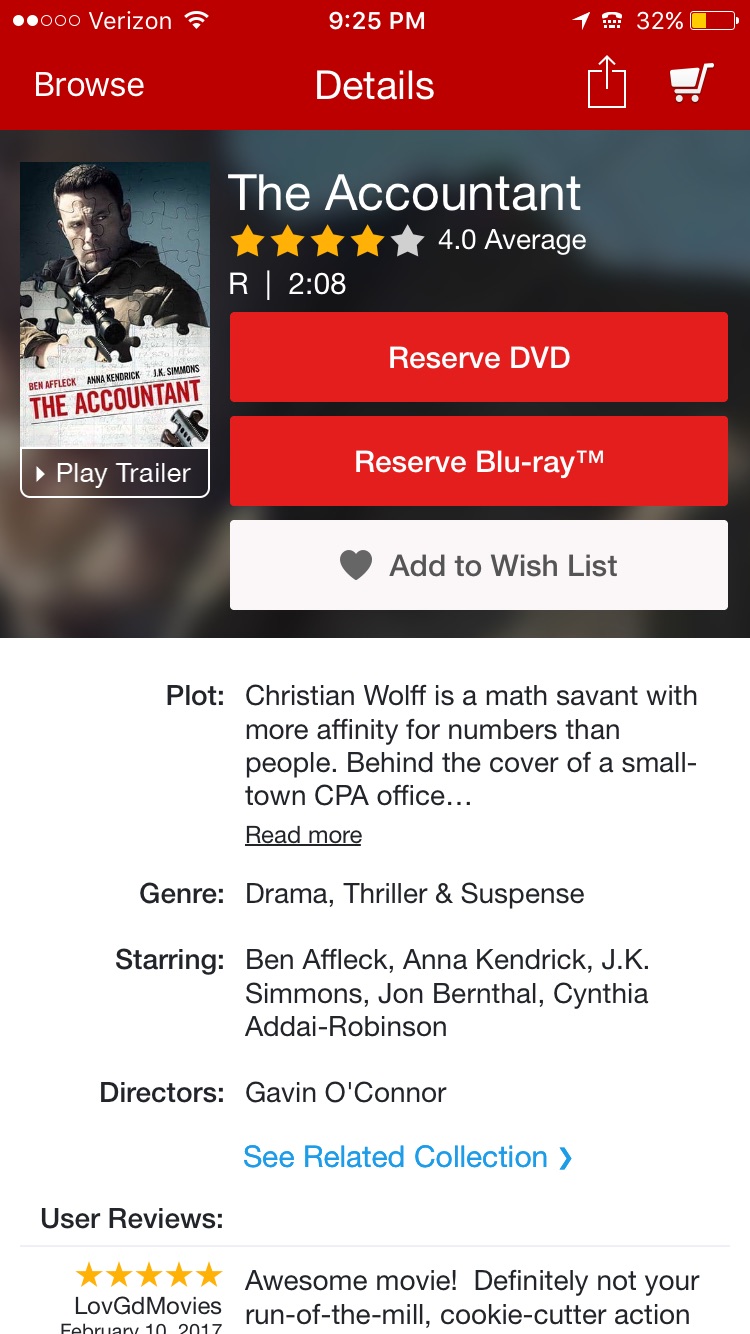
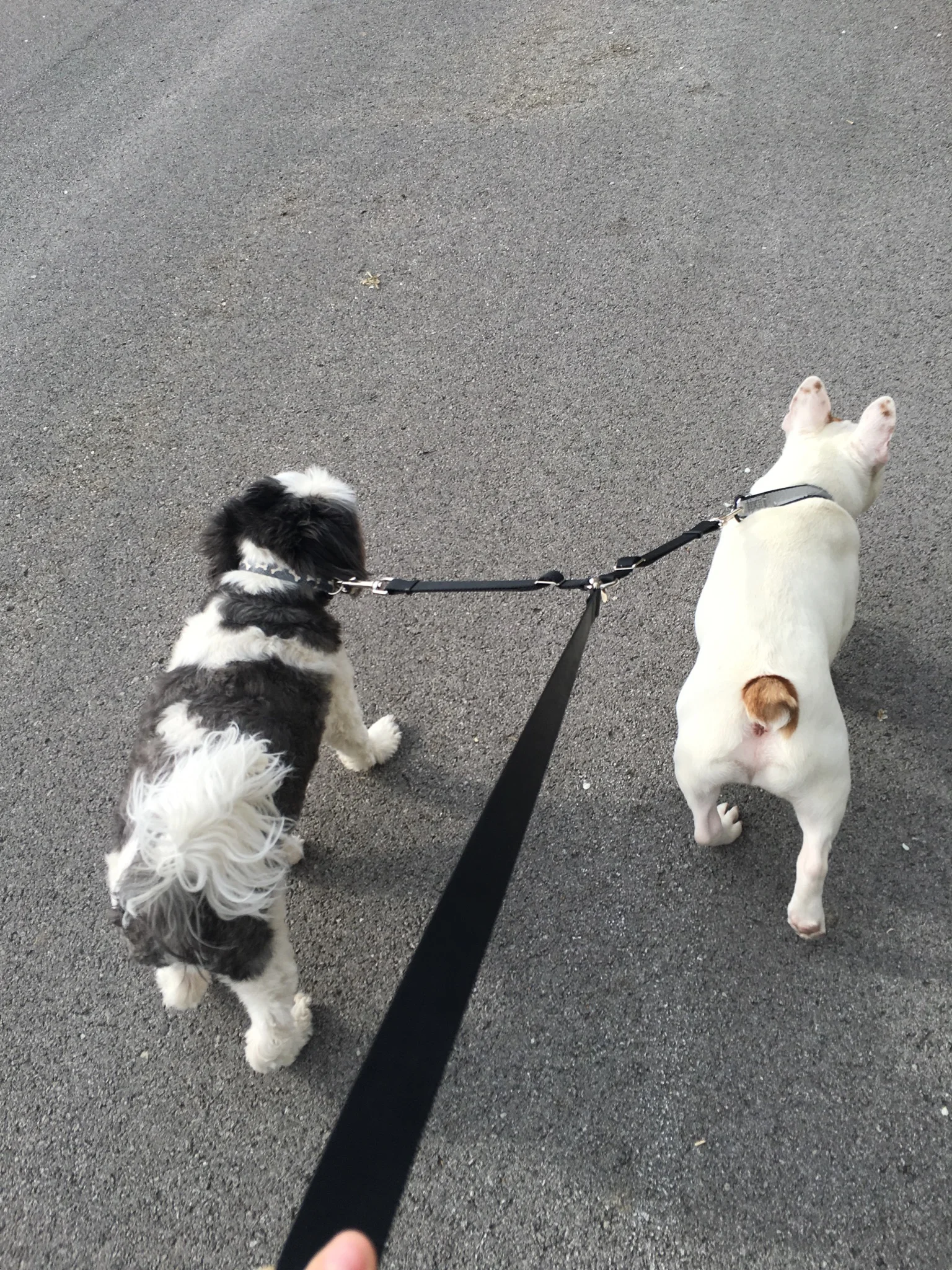







![How To Know if Your Daughter Has an Eating Disorder [Video]](https://images.squarespace-cdn.com/content/v1/567767c5cbced60a2376a812/1506273435417-UC5TRFZJJJ0BNIPJOY3F/Signs+Your+Daughter+Has+An+ED.jpg)
